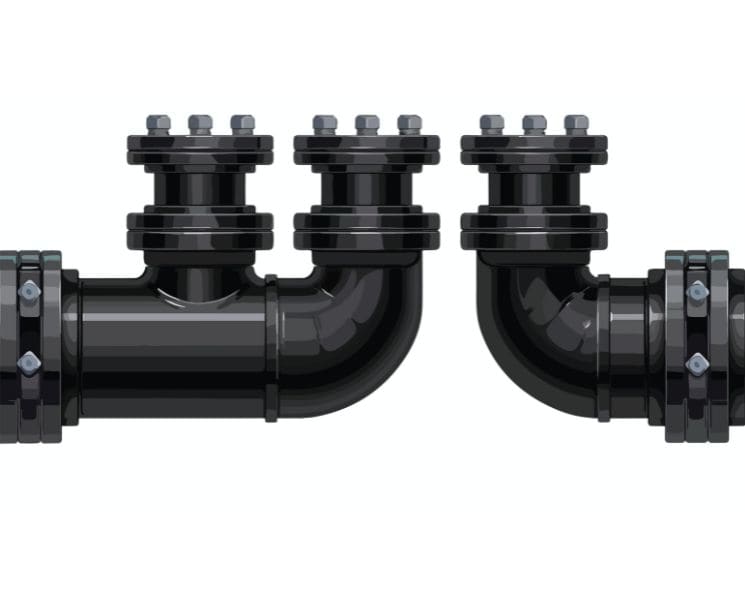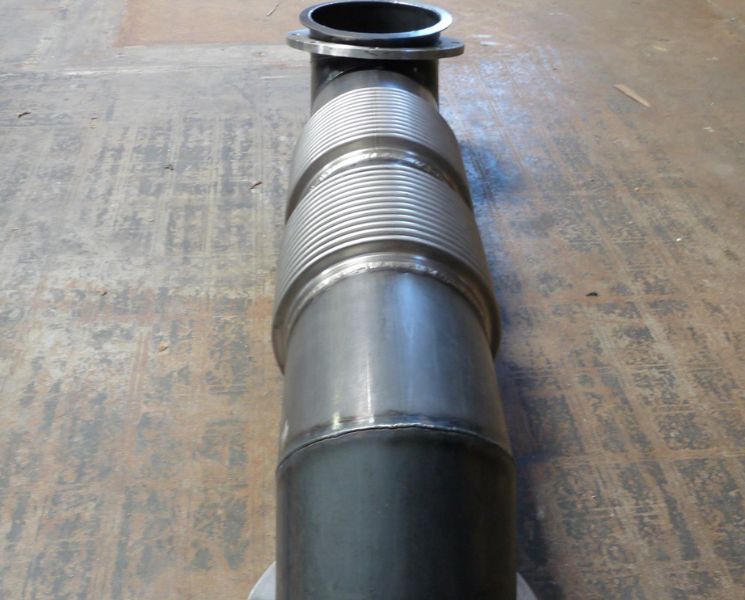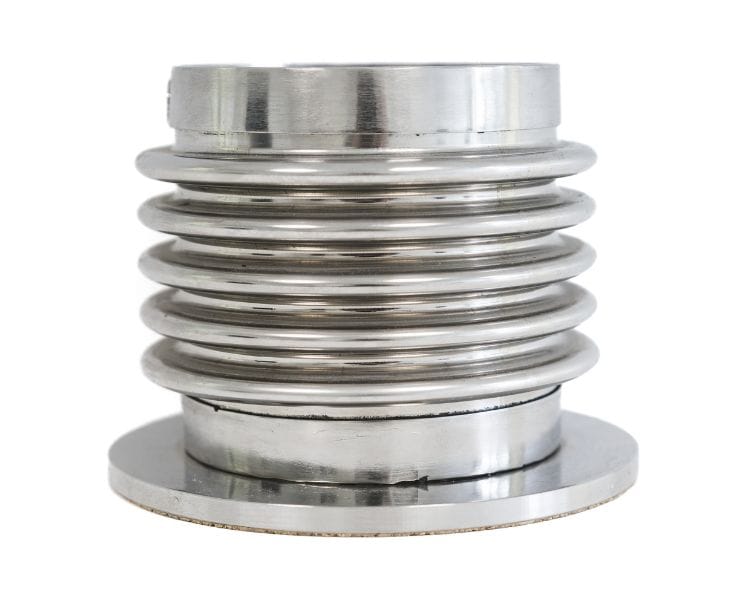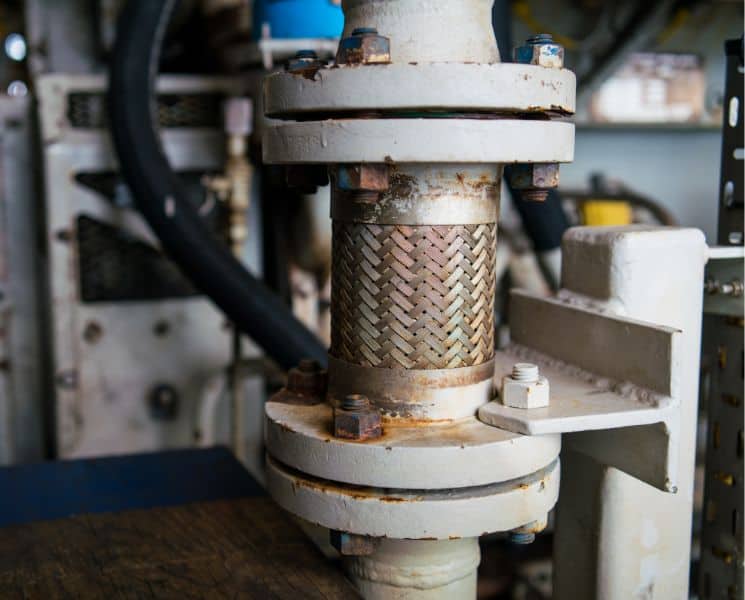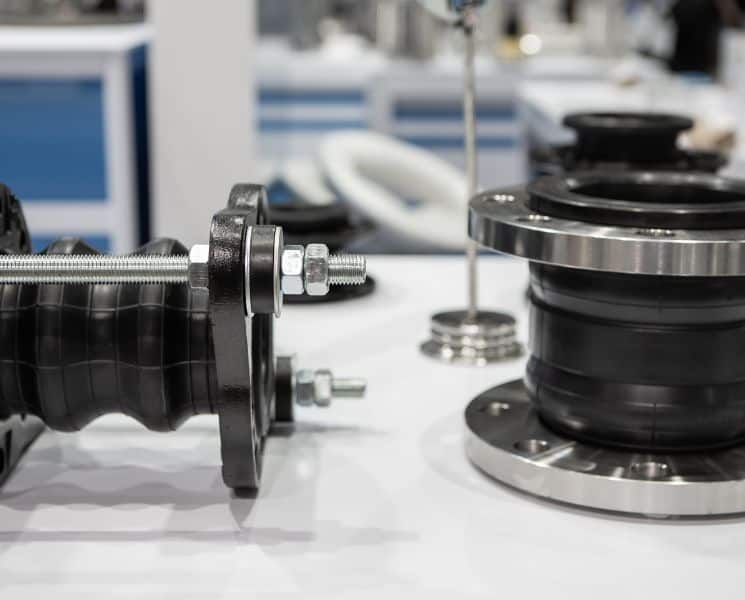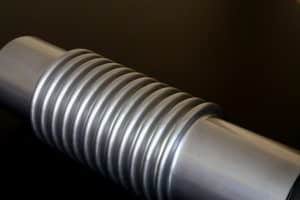
The United States Bureau of Labor Statistics reported that as of July 2017, The Oil and Gas Extraction industry in America employed more than 178,400 people. Many of these people probably work with bellows at one point or another. Standard bellows and exhaust bellows are just some of the many types out there that these people probably work with. Multi-ply bellows are what this article will cover today.
What Does Ply Mean?
According to Flex EJ, ply is a metal expansion joint bellows term that refers to the number of sheets of metal used in the formation of the bellows. The number ply used typically depends on the application.
What Are Multi-Ply Bellows Versus Single-Ply?
A single-ply has one tube, and a multi-ply has two or more tubes telescoped together. Single-ply are typically thicker than multi-ply bellows, and multi-ply bellows have a much lower axial spring rate than the single-ply bellows.
Advantages of Multi-Ply Bellows Over Single Ply
Multi-ply bellows provide excellent flexibility and fatigue life compared to single-ply bellows. They also offer significant pressure containment capacity and are commonly used in applications where vibration may be present. Due to the higher number of tubes/plies used in multi-ply bellows, they are much more flexible than single-ply.
According to the American BOA, “The contour of the thin gauge multi-ply convolution is designed to keep pressure and induced deflection stresses at a minimum. As a result of the low stress level that the bellows experiences during operation, cycle endurance is improved tremendously.”
Multi-ply bellows are different some single ply bellows simply because they have more ply. This makes them more flexible, have a higher pressure resistance, and stronger against vibration. For more information on bellows, contact us today.

